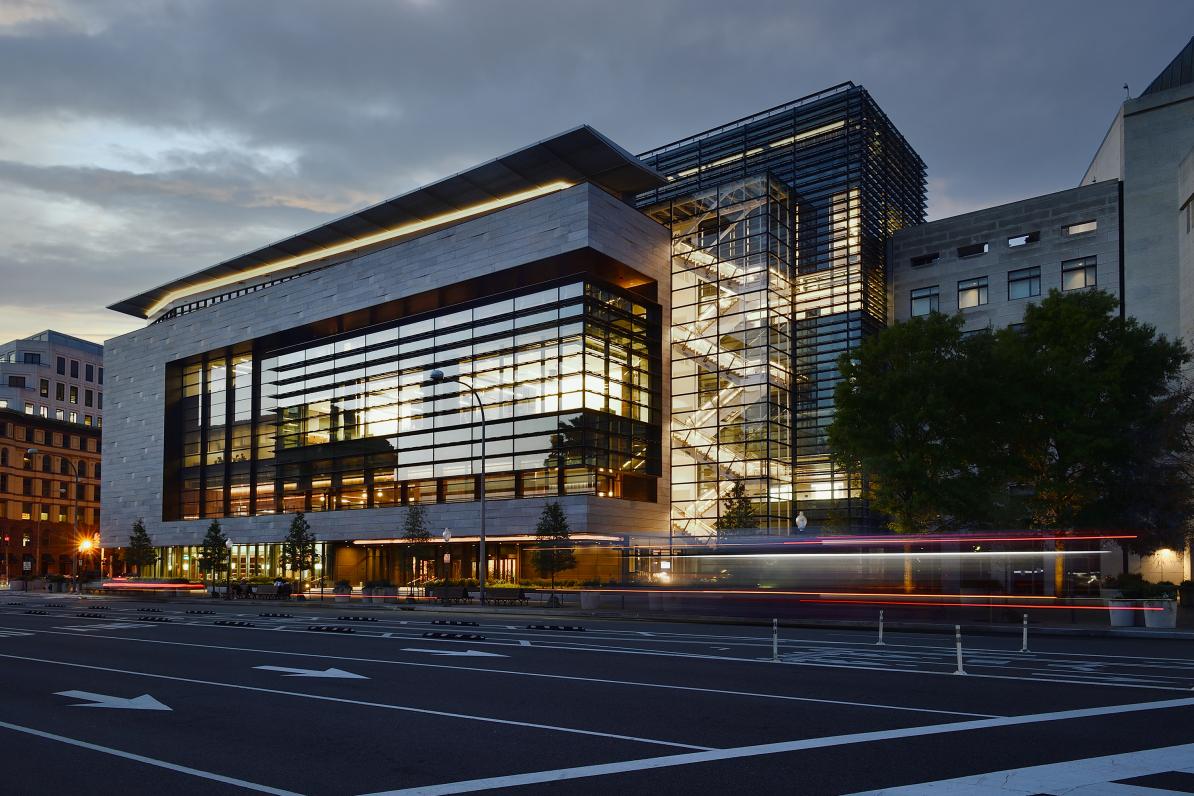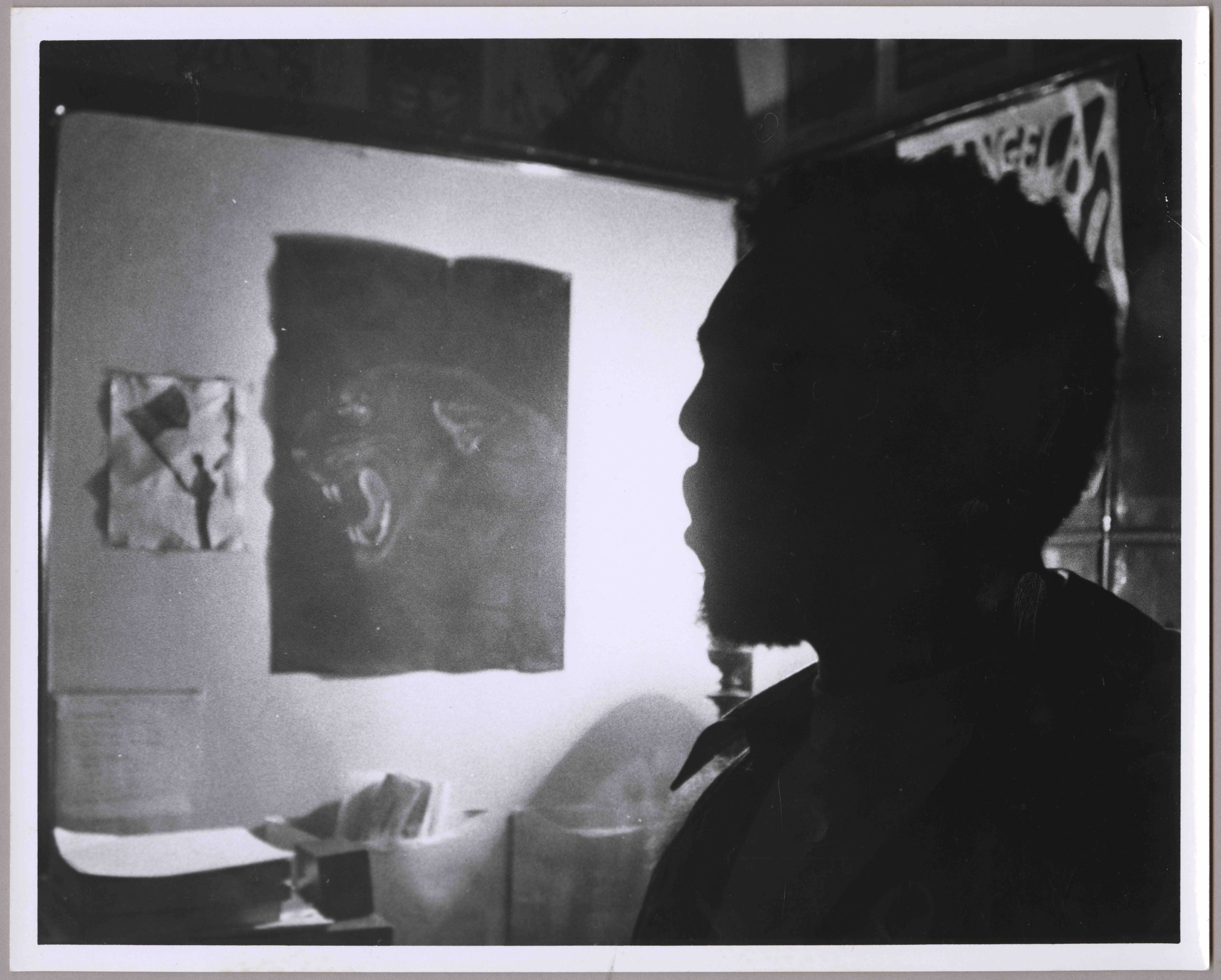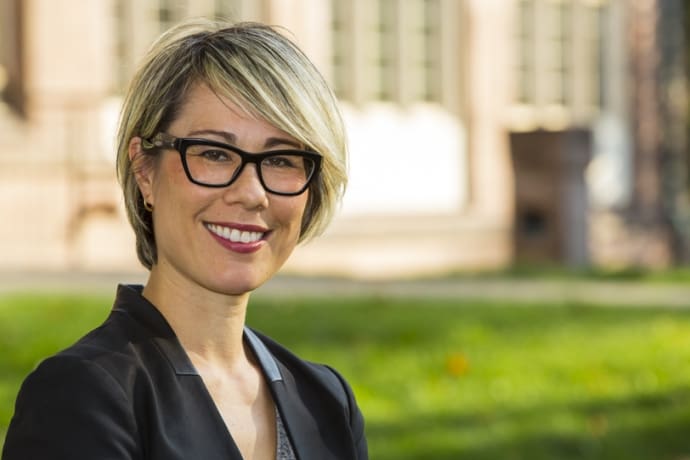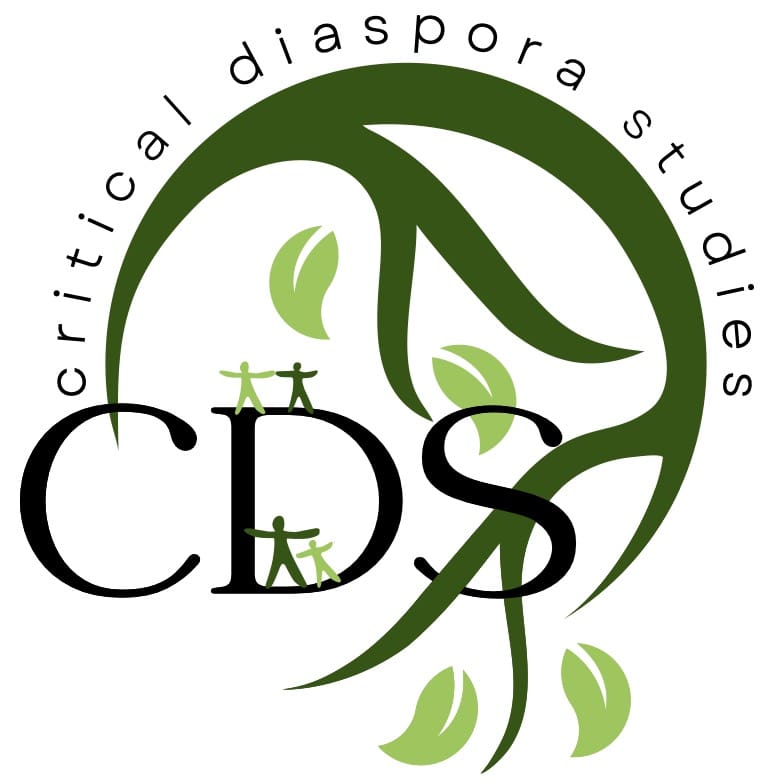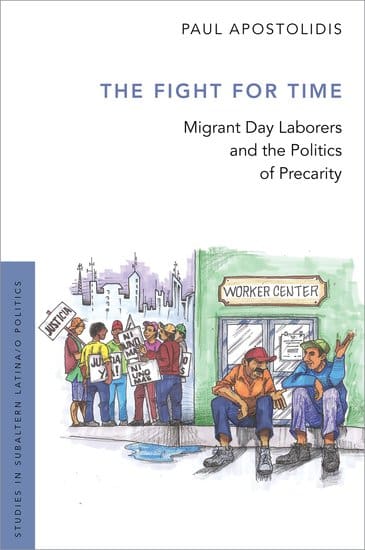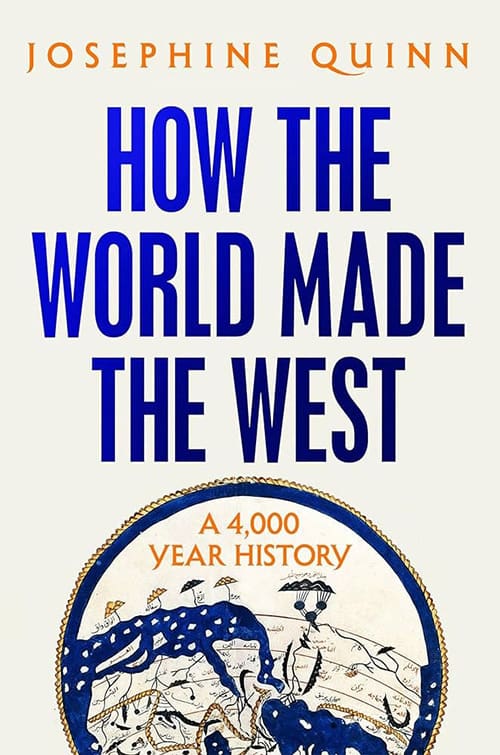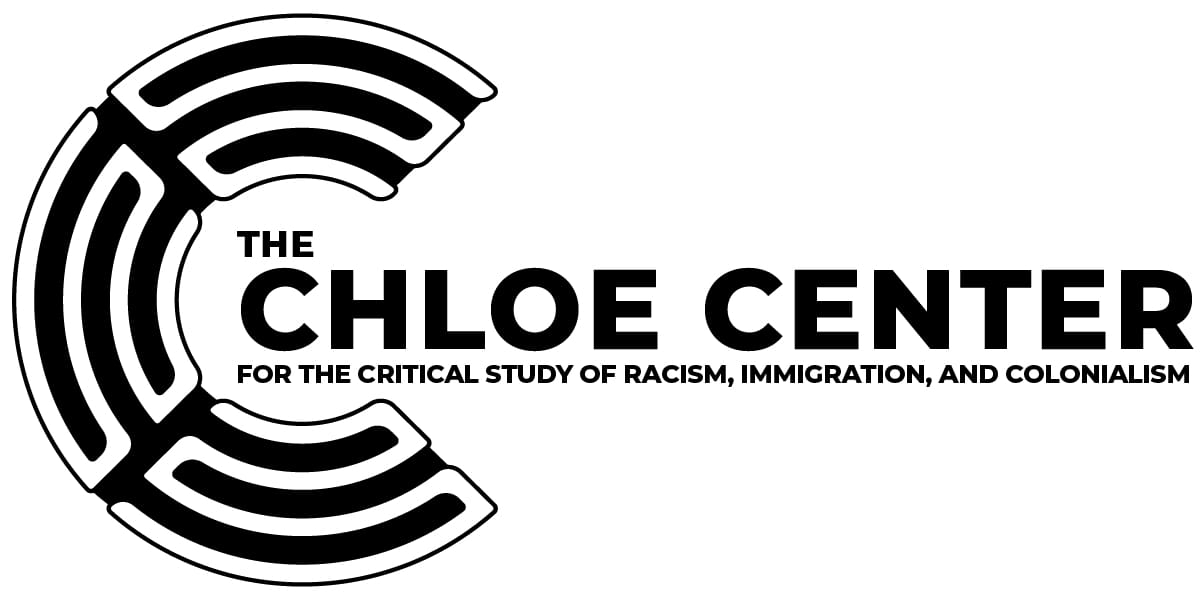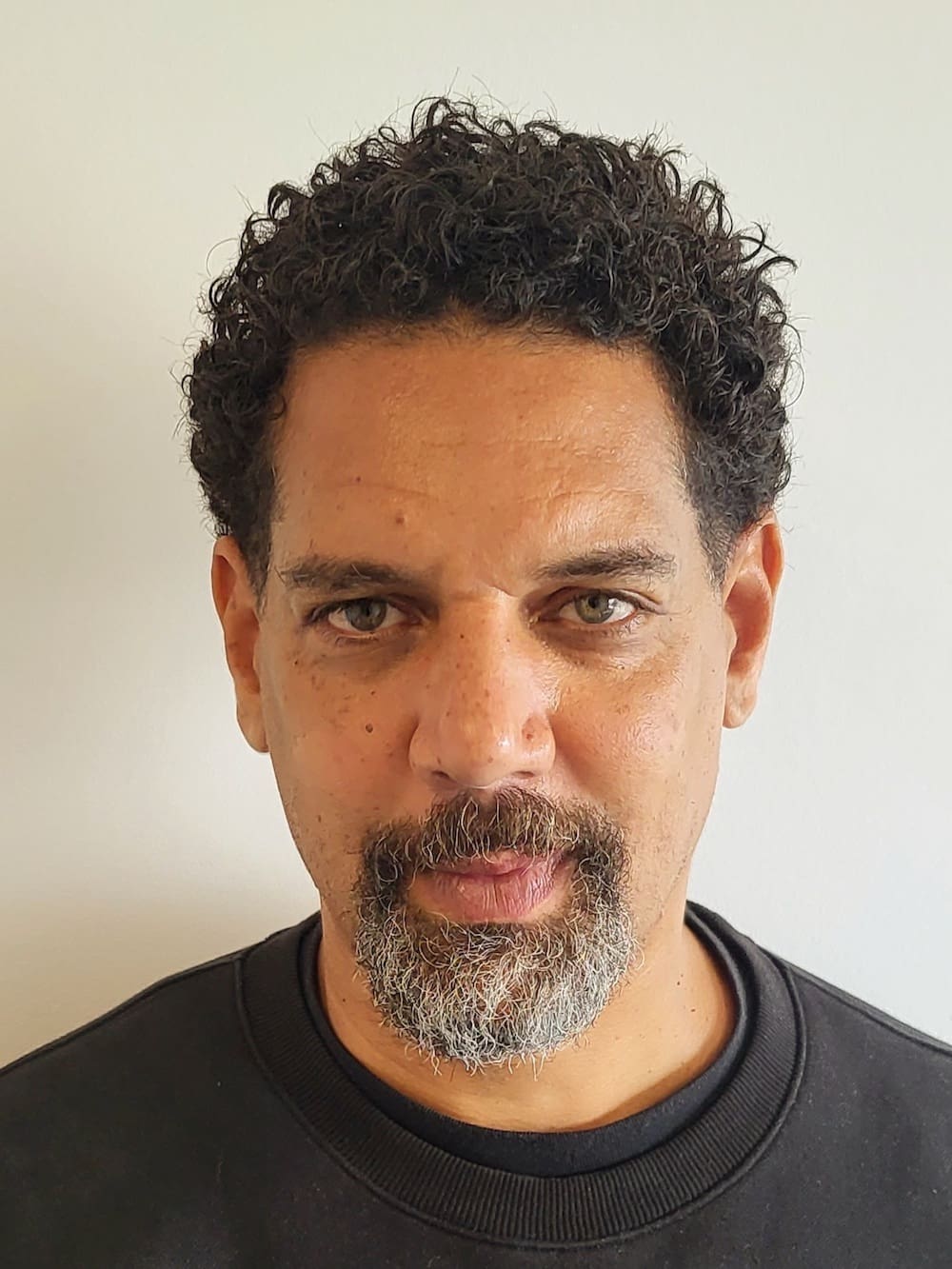Rachel Nolan: Until I Find You
The Program in Latin American, Caribbean, and Latinx Studies and the Chloe Center for the Critical Study of Racism, Immigration, and Colonialism are pleased to welcome Rachel Nolan, Assistant Professor of International Relations at Boston University, for a conversation about her recent book, Until I Find You: Disappeared Children and Coercive Adoptions in Guatemala.

